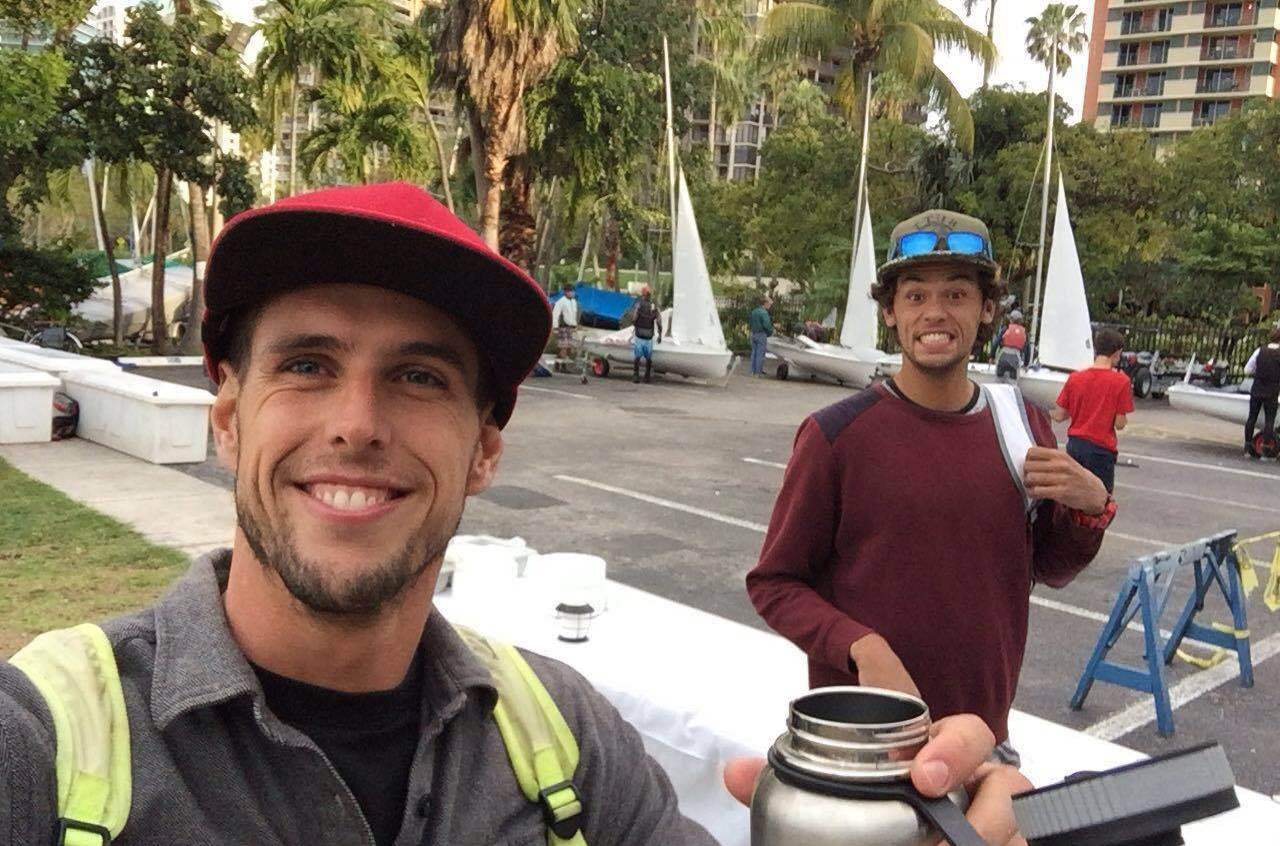



Back in Miami. The first time I crossed the Big Pond was to come here. This time my visit has an extra twist. I’m not only excited about the World Cup, but the Dutch Plastic Soup Foundation (PSF) and the Brazilian World Wildlife Foundation (WWF Brazil) are also here to present an important and admirable project at an Environmental Festival organised by the Dutch Consulate in Miami to which I – as ambassador of the PSF – am associated.
Back in Miami. The first time I crossed the Big Pond was to come here. This time my visit has an extra twist. I’m not only excited about the World Cup, but the Dutch Plastic Soup Foundation (PSF) and the Brazilian World Wildlife Foundation (WWF Brazil) are also here to present an important and admirable project at an Environmental Festival organised by the Dutch Consulate in Miami to which I – as ambassador of the PSF – am associated.
In my previous blog, I criticized the International Olympic Committee and the authorities in Rio de Janeiro, as they are not living up to their promise to get the waters of Guanabara Bay clean for the Games. The Bay is full of plastic and other junk. It’s filthy and barely being cleaned.
The reactions were positive, except in Brazil, where my criticism wasn’t warmly received. And a few in the PR-world had reservations about my ‘Annual Christmas Speech’ (as labelled by HP/De Tijd). Now, I come from a small Dutch island, Texel, where we share century’s old wisdom with other rich cultures around the world, such as “What must be said, must be said!”
To outline the problem: There’s a lot of plastic floating in the ocean, more than 250 million kilos in total. The reason: people litter and many countries have poor waste management systems. As a result, between 3 and 5 million tons of plastic washes into the oceans every year.
It also happens in Rio. As sailors we encounter this when our fins get caught-up in Guanabara Bay. But there is hope. On 23rd January I’ll be there in Miami when the WWF Brazil and the PSF present a project to tackle the junk that flows into the bay from a symbolically important river, the Carioca. Rio’s inhabitants are named after this river, a river that’s been overrun by the city. The project aims to make the river 75% cleaner within 5 years. If it succeeds, other rivers will be tackled, because if you get one river clean, you can get them all clean.
How? Clever tools will enable waste collectors in the ‘communities’ to recycle plastic at home and to produce their own products: a surfboard for example. Ingenious techniques, like sink-beds with plants I believe, will be used to filter sewage. I’ve been an ambassador of the Plastic Soup Foundation for a few years now and think it’s really great that the WWF Brazil now joins in as well. Ultimately, it’s not so much that we as Olympic athletes can sail in clean, safe water, but that people and animals get to live in and around a clean Guanabara Bay.